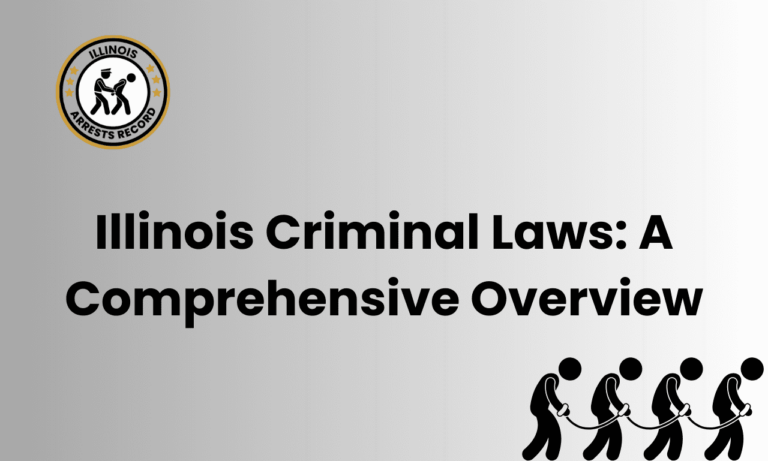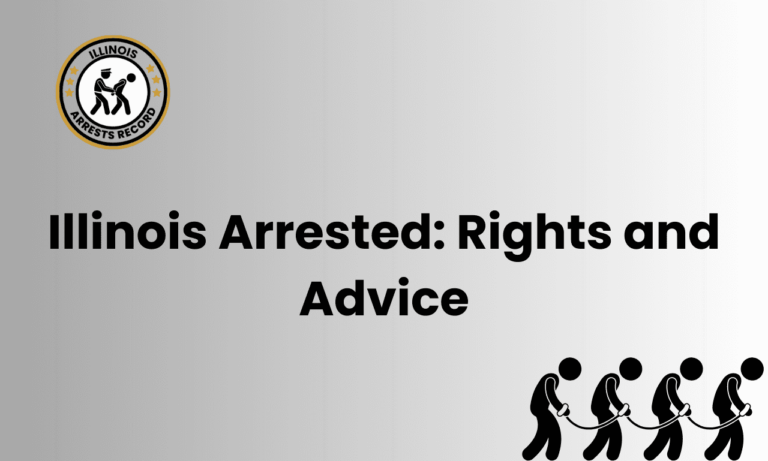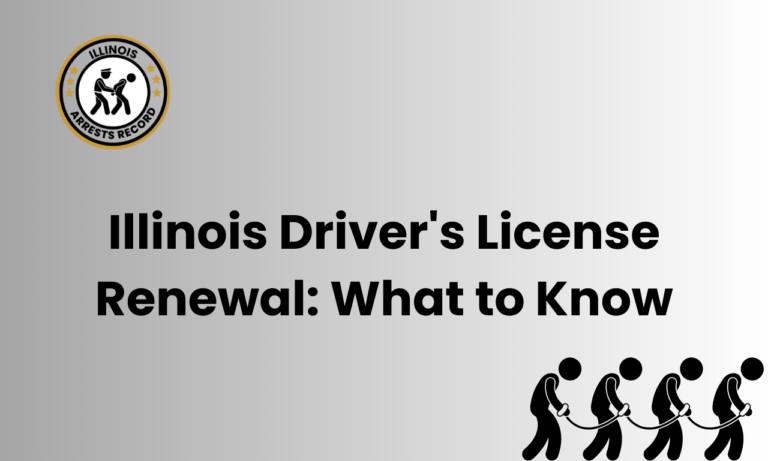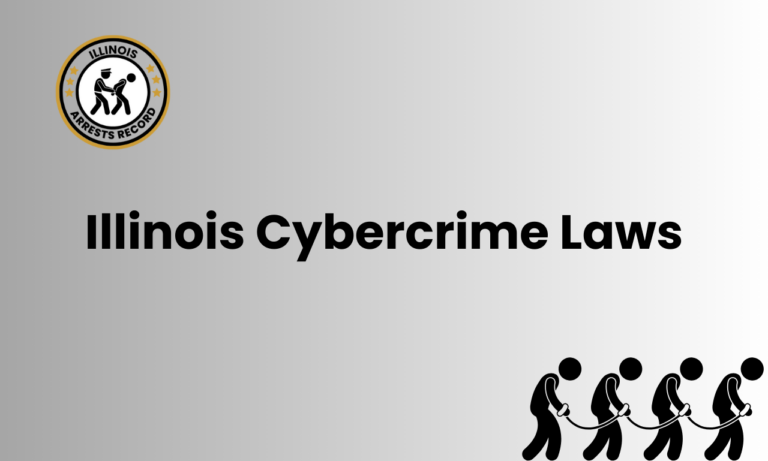Illinois Bond Reduction Process
Look no further! In this comprehensive guide, we will walk you through the ins and outs of this intricate procedure, providing you with all the necessary information to successfully navigate the system.
Understanding the Illinois bond reduction process is crucial, as it can have a significant impact on your legal proceedings. Whether you are a defendant, an attorney, or simply curious about the intricacies of the legal system, this guide is designed to equip you with the knowledge you need.
Importance of Understanding the Illinois Bond Reduction Process
As mentioned in the introduction, the Illinois bond reduction process plays a crucial role in legal proceedings. Whether you find yourself as a defendant in need of a reduced bond or an attorney seeking to assist your client, it is essential to have a comprehensive understanding of this intricate procedure.
Why Is a Bond Reduction Necessary?
There are various reasons why individuals may seek a bond reduction in the state of Illinois. One primary reason is financial constraints. The initial bond amount set by the court may be excessive, making it difficult for defendants or their families to afford the required payment.
Another reason for seeking a bond reduction is the reassessment of flight risk. As the case progresses, new evidence or circumstances may arise that lower the likelihood of the defendant fleeing. In such cases, a reduced bond can be requested to reflect the decreased flight risk.
The Process of Requesting a Bond Reduction
Requesting a bond reduction involves several steps and requires careful attention to detail. It is crucial to follow the proper procedure to increase the chances of a successful outcome.
Consult with Your Attorney
Prior to initiating the bond reduction process, it is strongly recommended to consult with an experienced attorney. They will provide valuable guidance and support throughout the procedure, ensuring that all necessary documents and arguments are prepared.
Gathering Evidence
Building a strong case for a bond reduction requires presenting compelling evidence. This may include documentation of financial hardship, employment stability, community ties, and any relevant factors that mitigate flight risk.
Filing a Motion
Once all necessary evidence is gathered, your attorney will file a motion requesting a bond reduction. This motion should outline the reasons why a reduction is warranted and present the supporting evidence in a clear and concise manner.
The Court’s Decision
After the motion is filed, the court will review the request and consider the presented evidence. It is important to note that the court has the discretion to grant or deny the motion based on their assessment of the situation.
If the motion is granted, the court will set a new bond amount, taking into account the provided evidence and the defendant’s circumstances. It is crucial to comply with any conditions set by the court upon the bond reduction.
FAQ’s
What is the Illinois bond reduction process?
The Illinois bond reduction process refers to the legal procedure by which a defendant can request a reduction in the amount of bail set by the court. This process allows defendants to present evidence and arguments to show that the current bail amount is excessive or unnecessary.
Who can request a bond reduction?
Any defendant who has been charged with a crime and is currently out on bail or in custody can request a bond reduction. It is recommended to consult with an attorney to determine the best approach for your specific case.
How can I prepare for a bond reduction hearing?
To prepare for a bond reduction hearing, it is crucial to gather evidence and supporting documentation that demonstrates your ties to the community, employment status, financial resources, and any other relevant information that may help convince the court to grant a reduction in bail.
If your bond reduction request is approved, the court will set a new bail amount, which may be lower than the original amount. This can significantly impact your ability to secure your release from custody or meet the financial obligations associated with your bail.
What if my bond reduction request is denied?
If your bond reduction request is denied, you may explore other legal options, such as filing a motion for reconsideration or seeking a bail reduction through an appeal. It is essential to consult with an attorney to determine the best course of action in your particular case.
Conclusion
Navigating the Illinois bond reduction process can be complex and challenging. However, armed with the right knowledge and support, you can increase your chances of a successful outcome. By following the necessary steps, consulting with an attorney, and presenting compelling evidence, you can effectively advocate for a reduced bond that aligns with your financial situation and flight risk assessment.







